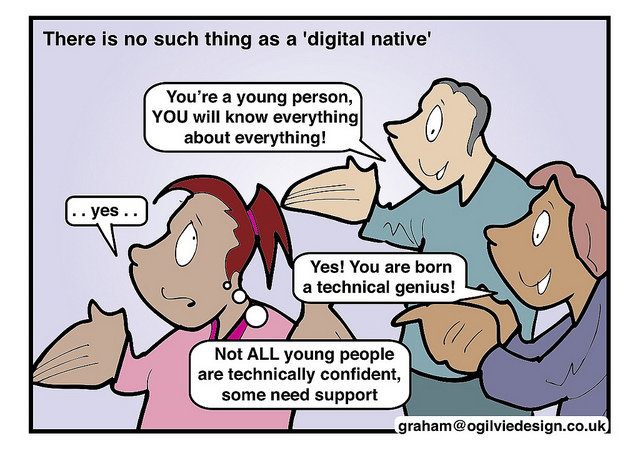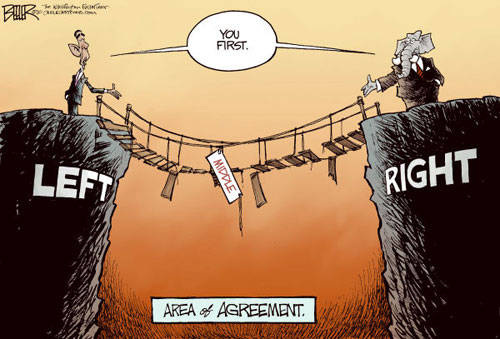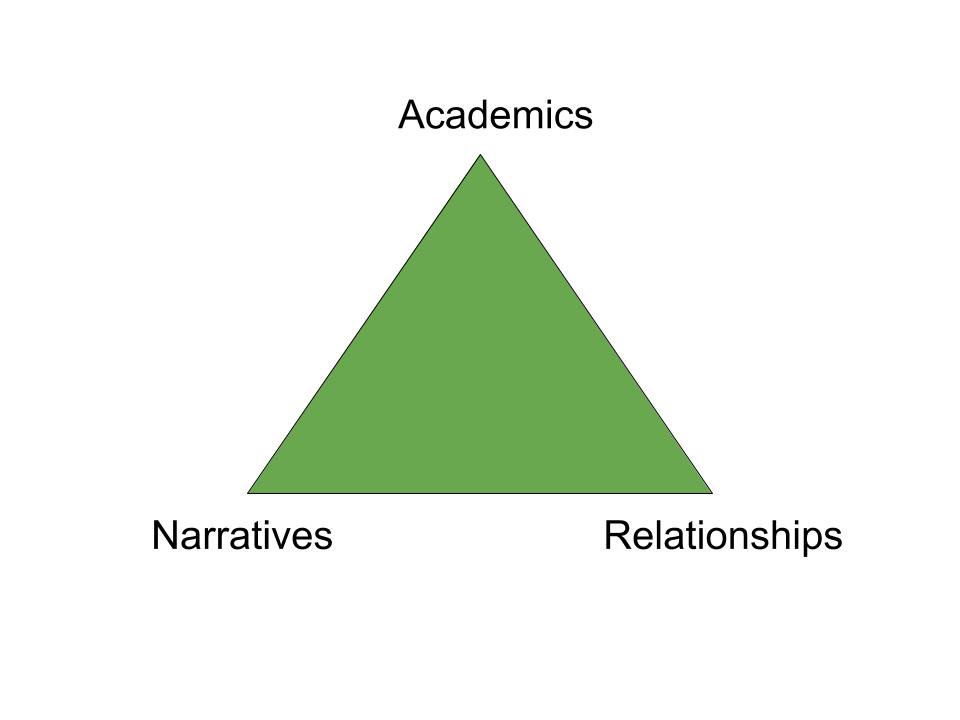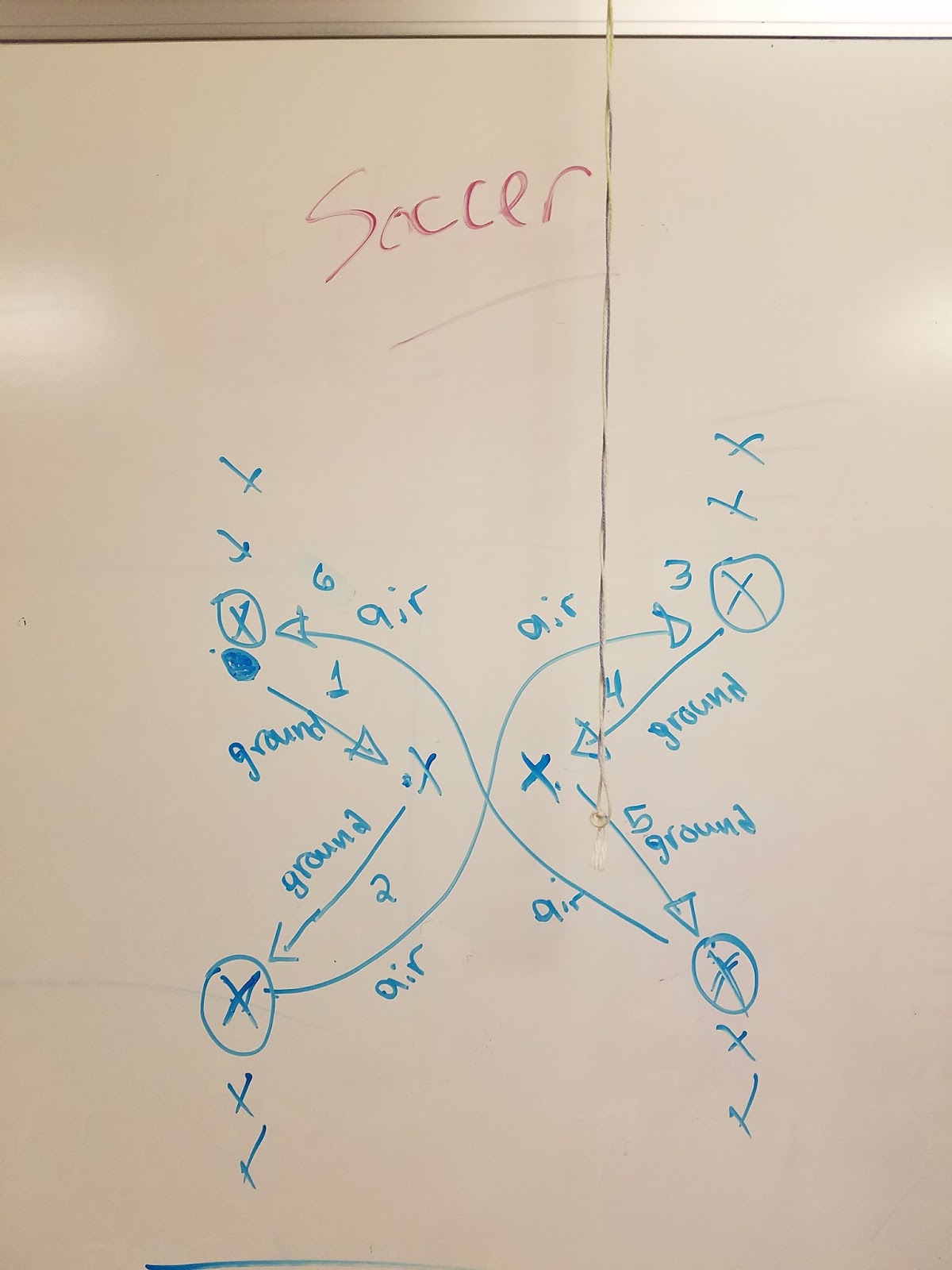I have a snarky joke I recycle over and over at work when I think things are going sideways, or when things feel unproductive by my high standards. As an example, our central office uses "reciprocal accountability agreements" to coordinate the work with schools. When the conversations around these "agreements" reveal gaps in agreement and the absence of "reciprocity," it tickles my funny bone to say, "That was a great meeting but I worry about what we're doing to the words 'reciprocal' and 'agreement.' English is an evolving language, you know, and those words might mean something entirely different when we are done with them."
-laugh track here-
This is my version of educator sarcasm. It helps no one and I think it is a bad habit on my part, but I persist.
I've also used this joke about "professional development" and "professional learning communities."
I'm aware that when I initiate equity conversations, educators from other walks of life might comment on my efforts with their own spin on my joke. What am I, a privileged white dude from suburban Denver, doing to important words like equity, or diversity?
-laugh track here-
This call for a conversation about terms is vital because I think we all- snarkiness aside- have a role to play in how these words inform and shape the learning of educational tinkerers. All jokes aside, we have a chance to leave these words better than we found them.










